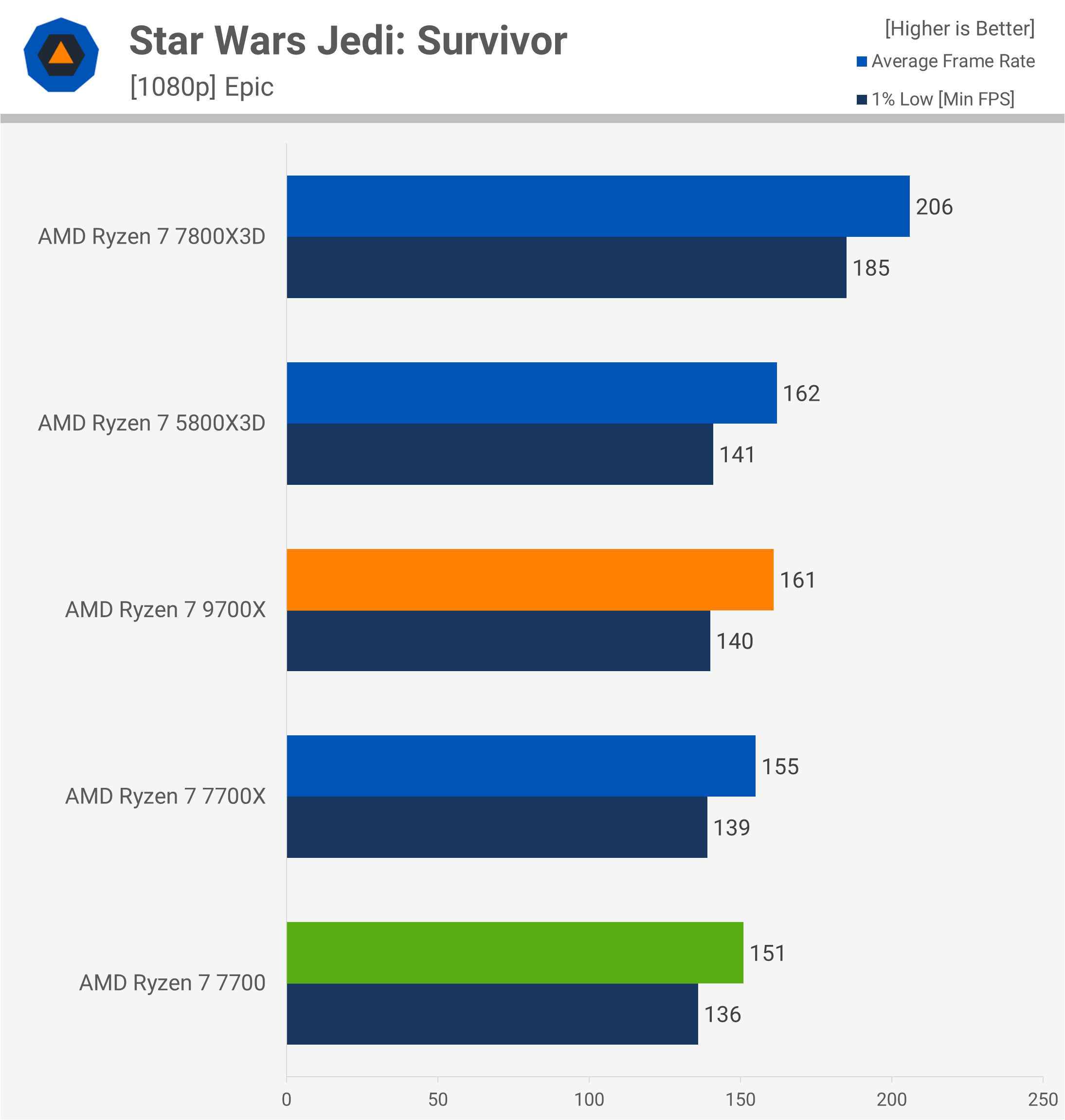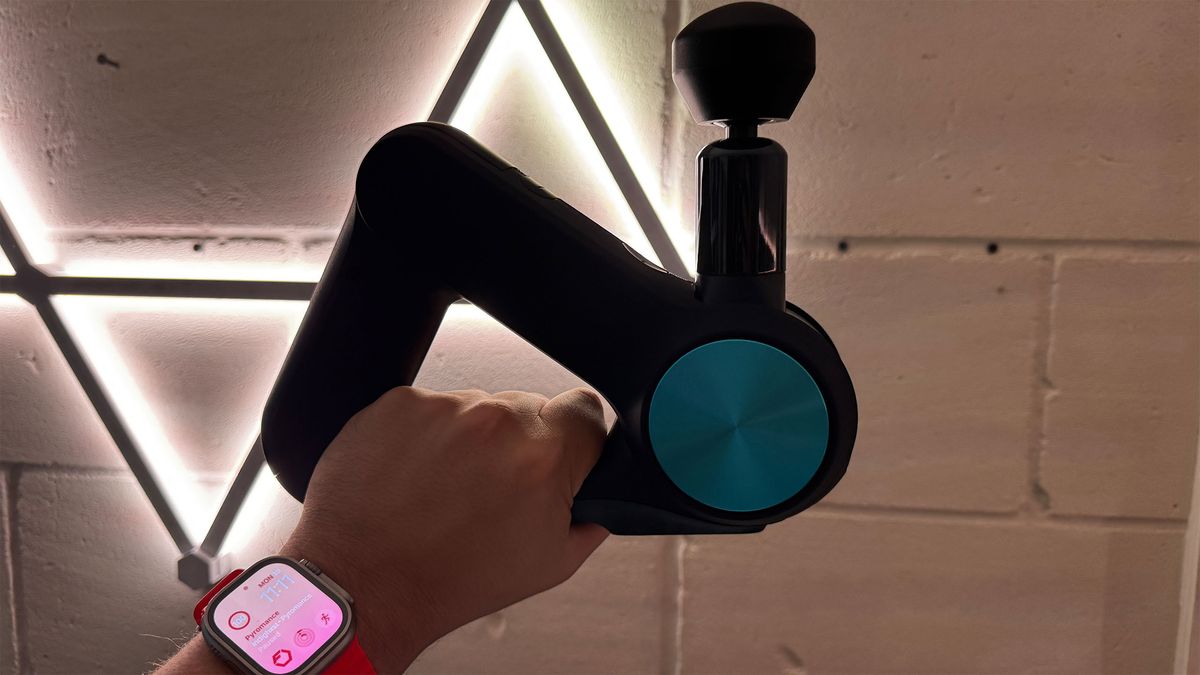Samsung Electronics said on Monday that it would not split its contract chip manufacturing or logic chip design units despite massive losses. Chairperson Jay Y. Lee told Reuters that Samsung remains committed to growing these businesses rather than divesting them.
According to Reuters, Samsung's foundry and System LSI businesses reported a combined operating loss of 3.18 trillion won ($2.4 billion) last year, with analysts expecting a further loss of 2.08 trillion won in the current year. One reason Samsung Foundry hasn't become profitable is that it cannot land large orders from big companies.
In 2017, Samsung separated its chip manufacturing operations from its design unit to address customer concerns about potential conflicts of interest. However, some clients still worry that the foundry and design divisions may share sensitive information, which undermines confidence in Samsung's neutrality.
Industry experts believe that spinning off the foundry business could improve customer trust, as it would demonstrate a clear separation of interests. However, they also warn that an independent foundry unit might struggle to survive without the financial backing of Samsung's profitable memory chip operations, putting its long-term viability at risk.
Samsung has been investing in its Foundry and System LSI to reduce its dependence on the production of memory chips. The company, which used to make application processors for Apple's iPhones but lost this business to TSMC back in 2019, even outlined plans to surpass TSMC as the leading contract chipmaker by 2030. To achieve this goal, it has committed billions of dollars to build new fabs in South Korea and the U.S. However, analysts point out that weak demand has led to significant losses for Samsung Foundry. For obvious reasons, the financial struggles of the foundry unit have cast doubt on Samsung's ability to challenge TSMC, which has solidified relationships with key customers like Apple, AMD, and Nvidia.
Despite these setbacks, Samsung has continued its expansion efforts, including building a new chip manufacturing plant in Taylor, Texas. However, this project has faced delays and complications due to poor yields, shifting market conditions, and concerns about possible policy changes following upcoming U.S. elections.

 1 week ago
11
1 week ago
11





:quality(85):upscale()/2024/10/17/848/n/1922729/9dece426671163b35dcb11.60305022_.jpg)


 English (US) ·
English (US) ·